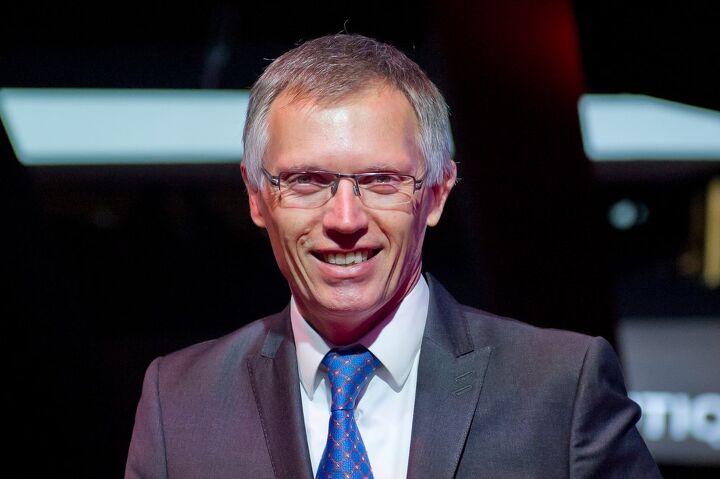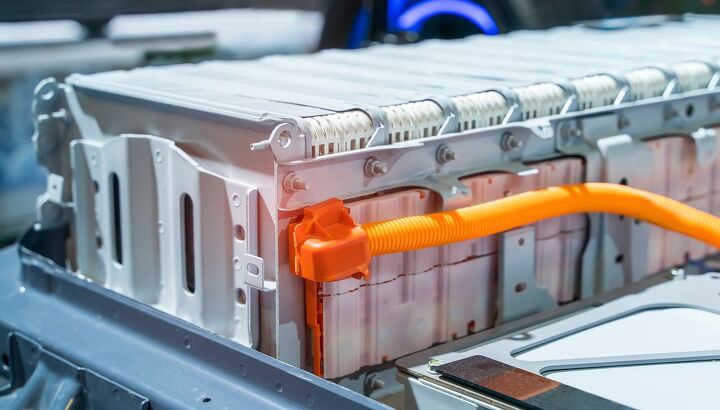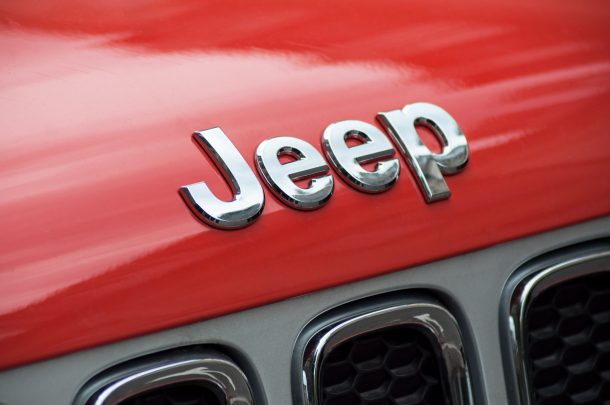#StellantisNV
French Government Claims Stellantis CEO's Pay Is Suspect
France has grown suspicious of Stellantis CEO Carlos Tavares’ compensation, which the government has dubbed irregular and indicative of a need for further financial regulations in Europe. The issue doesn’t appear to have much to do with where the money is coming from, but rather the size of his current payment package.
Tavares oversaw the merger between PSA Group and Fiat Chrysler Automobiles in 2021 while he was still CEO of the former company. Having previously climbed the ranks at Renault, the executive has served as chairman of PSA’s management board since 2014. Now heading Stellantis, Tavares is positioned to receive roughly $20.5 million in compensation for 2021. In addition to that, he’s reportedly eligible for a stock package worth an extra $34.7 million and long-term compensation of about $27.2 million — which the French government believes is too much.
Stellantis CEO Thinks EVs Are Too Troublesome
Stellantis CEO Carlos Tavares has said that the growing pressures being placed on automakers to shift toward electric-vehicle production are unsustainable and run the risk of the public getting subpar products at decidedly higher price tags. While we’ve seen automotive executives lambast new energy vehicles before, it’s grown rarer as governments around the world have continued incentivizing their existence and investors have been pouring money on startups delivering literally nothing more than the mere suggestion of more electrification.
Tavares’s words come from the Reuters Next conference, running counter to the event’s prevailing narrative of encouraging technological progress and social change. Attendees tend to be political officials, heads of finance, NGO leaders, and business executives sympathetic to the cause. But the Stellantis CEO definitely went off-script when he listed some of the shortcomings of electrification, adding that he felt the costs were “beyond the limits” of what was realistically feasible. It’s his belief that pursuing electrification at the current pace doesn’t take into account the larger financial picture.
Toyota, Stellantis Announce North American Battery Plants
Automakers Toyota and Stellantis separately announced plans to construct lithium-ion battery plants in North America on Monday. With regulatory pressures mounting, the industry has been shifting its eggs between baskets to avoid trouble. But the ultimate goal for most brands is to transition toward selling EVs, requiring meaningful action and financial expenditures on the part of manufacturers.
We’ve already seen General Motors and Ford Motor Co. squabbling over who will nestle the biggest battery facilities between America’s Frost and Sun Belts. It’s only fitting that the remnants of the Chrysler Corporation contained in Stellantis walk the path of electrification, especially now that it’s absolutely riddled with European influence. Meanwhile, Toyota is predictably exercising a bit of caution as it similarly navigates how to modernize itself via upcoming lithium-ion plants.
Jeep Is Thrilled With 15,000 Japanese Customers
American automotive brands have never really caught on with the typical Japanese consumer. While we’ve done numerous dives trying to understand why the gist is that our tastes don’t typically overlap and they generally prefer to buy domestic. Foreign marques are comparatively rare, frequently German, and are generally owned by those looking to flex their status with an imported luxury vehicle.
U.S. brands that were on the market began retreating as they began pulling smaller automobiles from their lineup. But Jeep has stuck it in there and things are reportedly beginning to pay off. The automaker’s distinctive styling seems to be resonating with people in Asia and it’s really the only historically American nameplate that’s managed to find an audience in the Land of the Rising Sun.



















Recent Comments